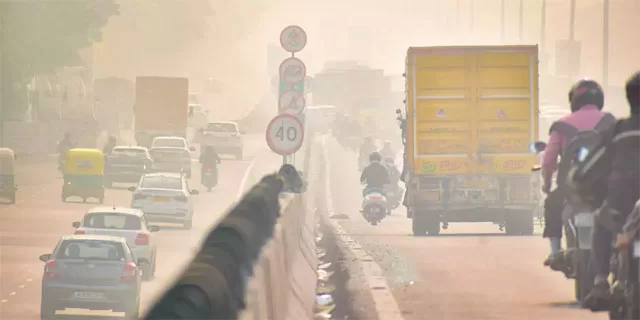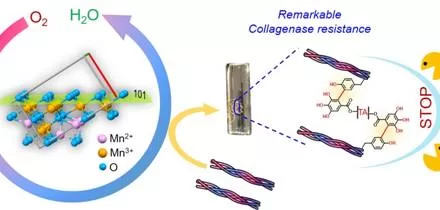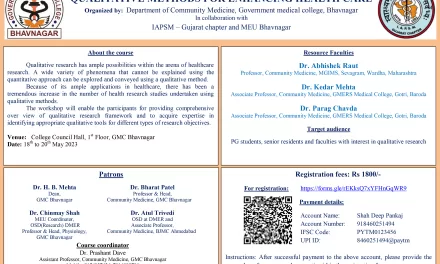New Delhi, November 19, 2024 – In a robust move to combat the escalating public health threat posed by air pollution, India’s Union Health Secretary issued a comprehensive health advisory on Monday. The directive urges all states and Union Territories to enhance their health systems to address the rising levels of air pollution, which have become a critical concern for vulnerable populations and high-risk occupations across the country.
The advisory underscores the importance of creating awareness, particularly among those most affected by poor air quality, such as individuals with pre-existing health conditions, children, and the elderly. It also highlights the need for protective measures in occupations exposed to higher pollution levels.
“Vulnerable populations must be equipped with the knowledge to protect themselves against the harmful effects of air pollution,” stated the Union Health Secretary in the advisory. “Awareness must be heightened, and healthcare workers should be trained to identify and manage air pollution-related illnesses.”
In line with the advisory, state and city authorities are instructed to formulate action plans that tackle the health consequences of climate change, with an emphasis on reducing the adverse effects of air pollution. One key recommendation is the expansion of sentinel hospital networks, which would play a pivotal role in monitoring and addressing air pollution-related diseases in real-time.
Health departments have also been urged to leverage regional media channels to disseminate information and promote preventive measures to mitigate the impact of polluted air on public health. Localized campaigns will focus on raising awareness about the risks and strategies for reducing exposure, especially among vulnerable groups like children, the elderly, and those suffering from respiratory and cardiovascular conditions.
Amid rising concerns over deteriorating air quality in major cities such as Delhi and Mumbai, the Supreme Court has stepped in to ensure the enforcement of stricter air quality management measures. Delhi and the National Capital Region (NCR) have been directed to implement Stage IV of the Graded Response Action Plan (GRAP), which mandates stringent actions to curb air pollution levels during severe pollution episodes. Continuous compliance monitoring and enforcement will be carried out by regional authorities to ensure adherence to these measures.
With a growing number of Indian cities grappling with hazardous air pollution, experts have called for more robust and sustained efforts to combat the public health risks associated with toxic air. The new health advisory serves as a crucial step in safeguarding the health of the nation’s citizens as India continues to battle the rising threat of air pollution.












